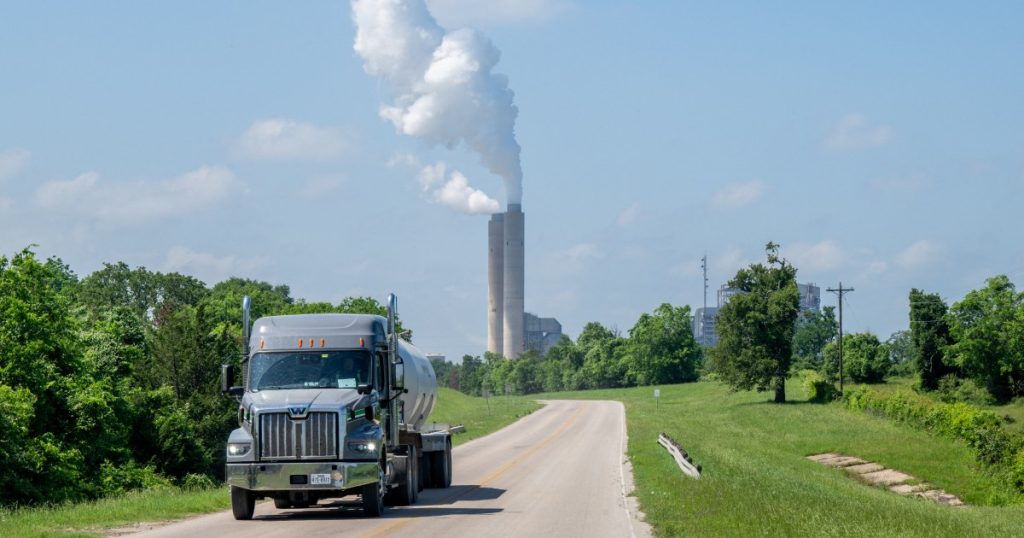Renewables’ share of global energy consumption has reached almost 15 percent, marking an all-time high, according to the Statistical Review of World Energy report. This increase comes as global fossil fuel consumption and greenhouse gas emissions hit record levels in the previous year. Fossil fuel consumption rose by 1.5 percent compared to 2022, with emissions increasing by 2.1 percent. However, renewables’ share of energy consumption also increased, reaching 14.6 percent, a 0.4 percent rise from the previous year.
While demand for fossil fuels is peaking in advanced economies, economic growth and improvements in quality of life in emerging economies continue to drive fossil fuel consumption, according to Energy Institute CEO Nick Wayth. The transition towards renewable energy sources is progressing slowly, with varying energy stories playing out across different regions. The Global South is now responsible for 56 percent of total energy consumption, growing at twice the rate of the global average. China stands out as the largest consumer of coal globally, accounting for 56 percent of total consumption, while India’s consumption surpasses that of Europe and North America combined.
In contrast, coal consumption in Europe and North America has decreased significantly, reaching its lowest levels since 1965. The United States, in particular, has seen a 17 percent decrease in coal consumption over the past decade. China and India have experienced significant increases in natural gas consumption, with a 7 percent rise, while Europe’s demand has fallen by 7 percent, resulting in overall global consumption remaining steady. China has also been driving the adoption of renewables, accounting for 63 percent of new global wind and solar capacity.
The Energy Institute, in collaboration with consultancies KPMG and Kearney, has been publishing the annual report since 2023, taking over from BP, the previous author since the 1950s. The report highlights the ongoing shift towards renewable energy sources, with renewables playing an increasingly significant role in the global energy landscape. Despite the continued reliance on fossil fuels, there is a growing recognition of the need to transition towards cleaner and more sustainable sources of energy to mitigate the impacts of climate change. The varying energy consumption trends across different regions underscore the complex nature of the energy transition and the need for tailored approaches to address each area’s specific challenges and opportunities.


